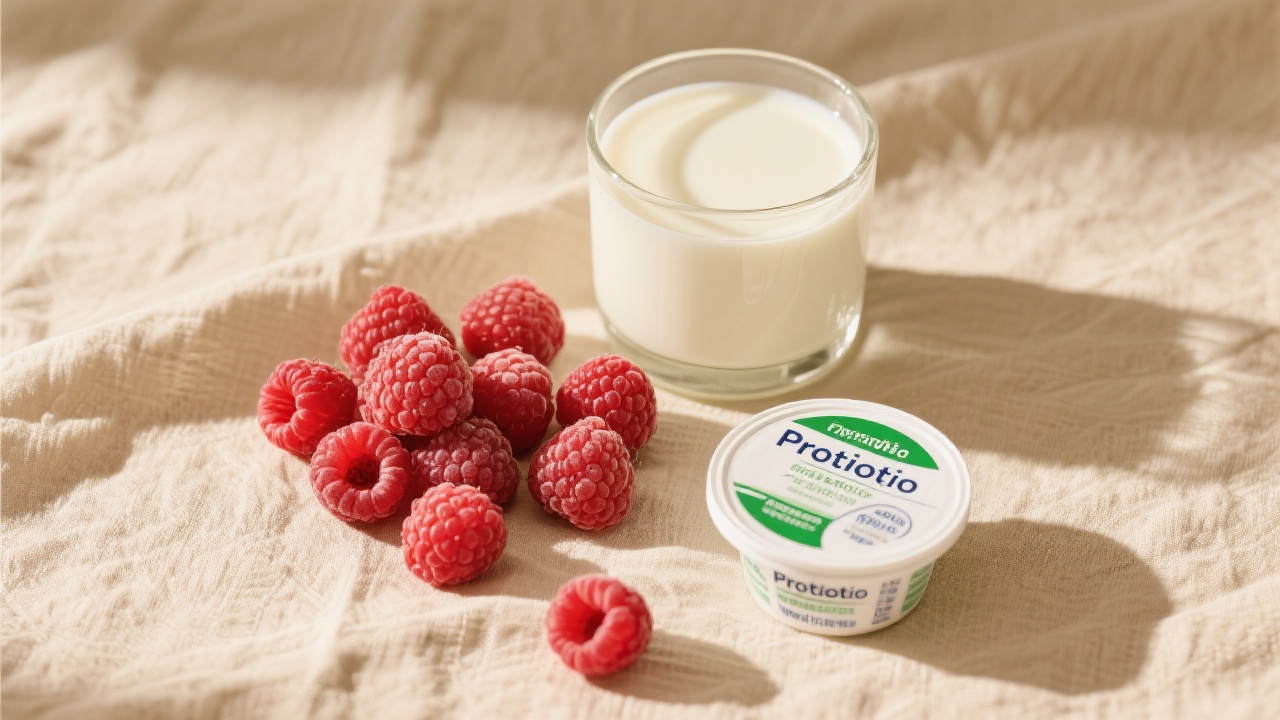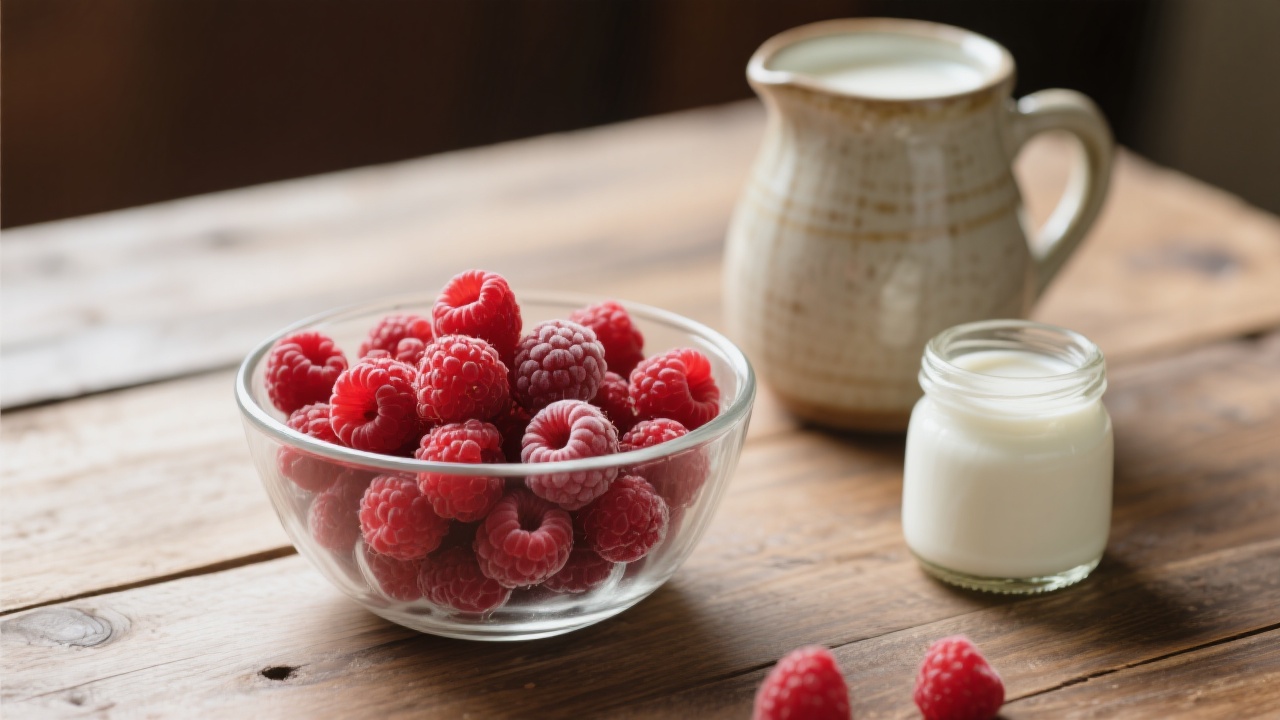
Ginger, a widely recognized spice, is not only a staple in kitchens but also a powerhouse of nutrition. It contains a variety of bioactive compounds, including gingerol and curcumin, which contribute to its unique health - promoting properties. In the realm of functional foods, ginger stands out due to its natural origin, versatility, and proven health benefits.
According to a study by the World Health Organization (WHO), ginger has been used in traditional medicine for centuries, treating various ailments from digestive issues to inflammation. This long - standing use is a testament to its efficacy and safety.

Gingerol, the primary pungent compound in ginger, has been the subject of numerous clinical studies. It acts as an antioxidant, anti - inflammatory, and anti - microbial agent. Research from the National Institutes of Health (NIH) shows that gingerol can inhibit the production of pro - inflammatory cytokines, reducing inflammation in the body.
Curcumin, another important component, has similar anti - inflammatory and antioxidant properties. A meta - analysis of multiple clinical trials found that curcumin can modulate immune responses, helping the body fight off infections and diseases. It also has potential in preventing chronic diseases such as heart disease and cancer.
| Active Component | Content in Ginger (%) | Main Health Benefits |
|---|---|---|
| Gingerol | 2 - 5 | Antioxidant, anti - inflammatory, aids digestion |
| Curcumin | 0.5 - 2 | Anti - inflammatory, immune modulation, potential anti - cancer |
In the area of digestion, ginger has been shown to stimulate gastric emptying, relieving symptoms of indigestion, nausea, and bloating. A study on pregnant women with morning sickness found that ginger supplementation significantly reduced nausea and vomiting.
For inflammation, as mentioned before, both gingerol and curcumin can reduce the levels of inflammatory markers in the body. In a clinical trial on patients with osteoarthritis, ginger extract was found to reduce pain and improve joint mobility.
In terms of immune regulation, ginger can enhance the activity of immune cells, making the body more resistant to infections. A research project on elderly people showed that regular ginger intake improved their immune function, reducing the frequency of colds and flu.

Our company offers high - quality ginger raw materials that meet export - level standards. These gingers are grown without the use of pesticides, ensuring the safety and purity of the product. With our year - round stable supply, food companies can rely on us to maintain a consistent quality in their products.
The absence of pesticides not only makes our ginger a healthier choice but also enhances the overall quality of the functional foods made from it. It allows the natural flavors and health benefits of ginger to shine through, giving products a competitive edge in the market.
There are many ways to incorporate ginger into your daily diet. You can make ginger tea by steeping fresh ginger slices in hot water. This is a simple and effective way to enjoy its health benefits, especially for those with digestive issues.
Adding ginger to soups and stews can not only enhance the flavor but also boost the nutritional value. In addition, using ginger as a seasoning in cooking, such as in stir - fries or marinades, is another great option.

Dr. Smith, a renowned nutritionist, states that "Ginger is a superfood that should be part of everyone's diet. Its health benefits are well - documented, and its natural origin makes it a safe and effective addition to functional foods."
One user, Mrs. Johnson, shared her experience: "Since I started adding ginger to my daily tea, I've noticed a significant improvement in my digestion. I no longer feel bloated after meals, and I have more energy throughout the day."
You might be wondering, how do you usually use ginger? Leave a message below and share your experiences! If you're a functional food exporter looking for high - quality ginger raw materials, click here to learn more about our products.